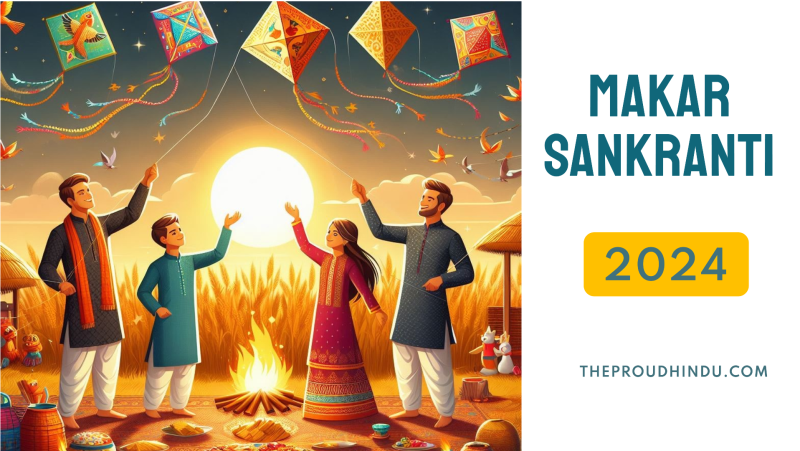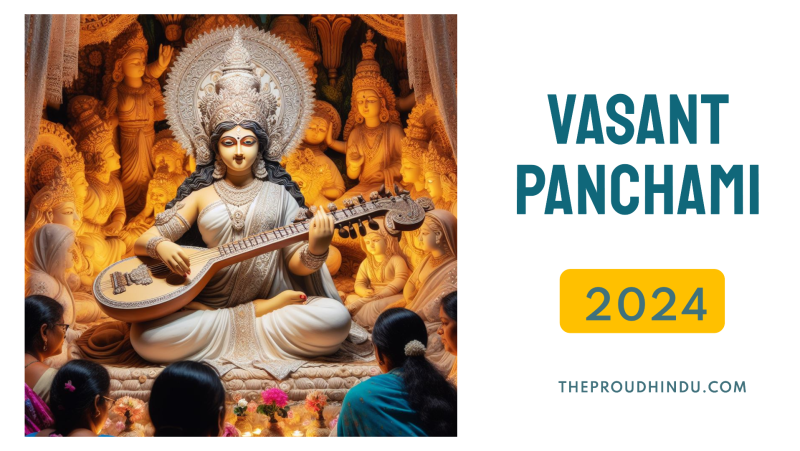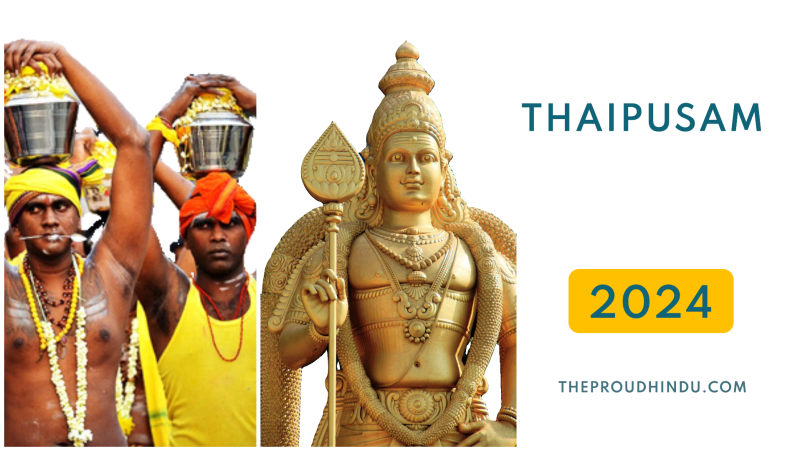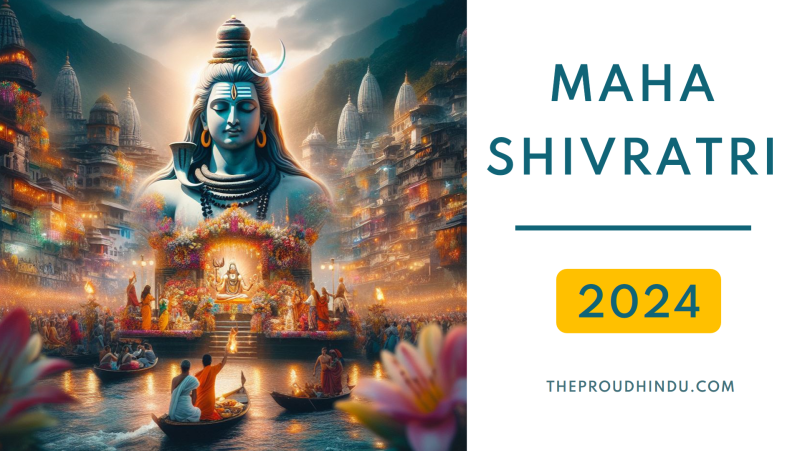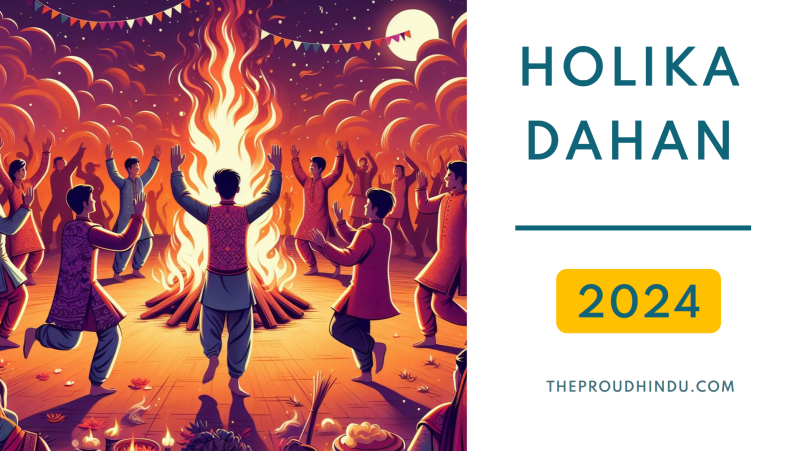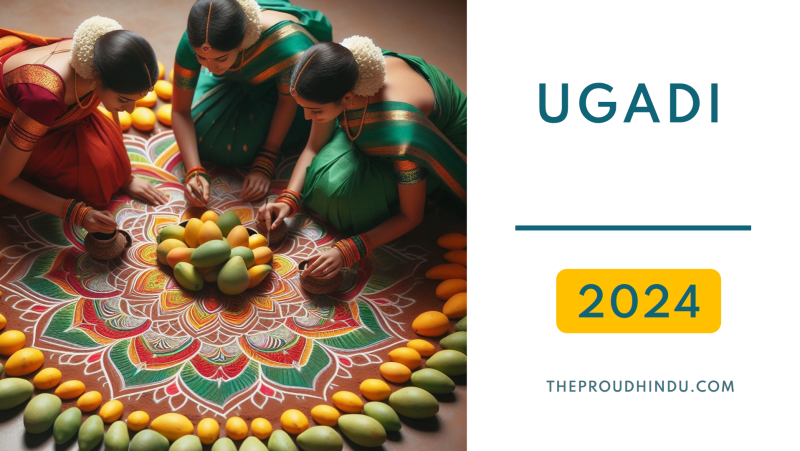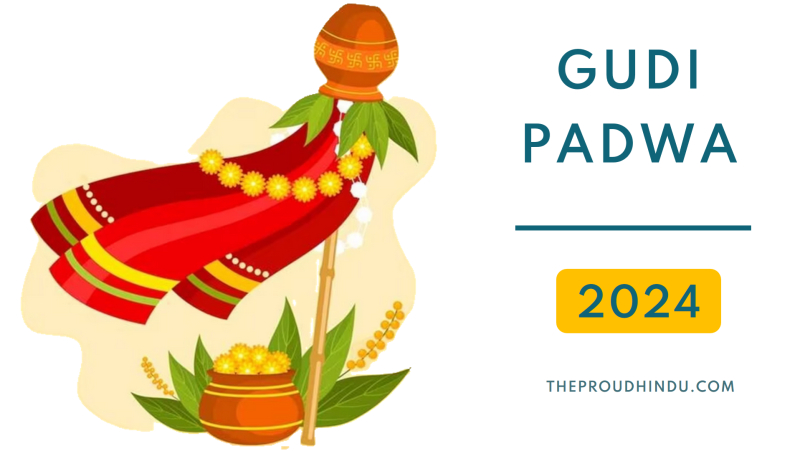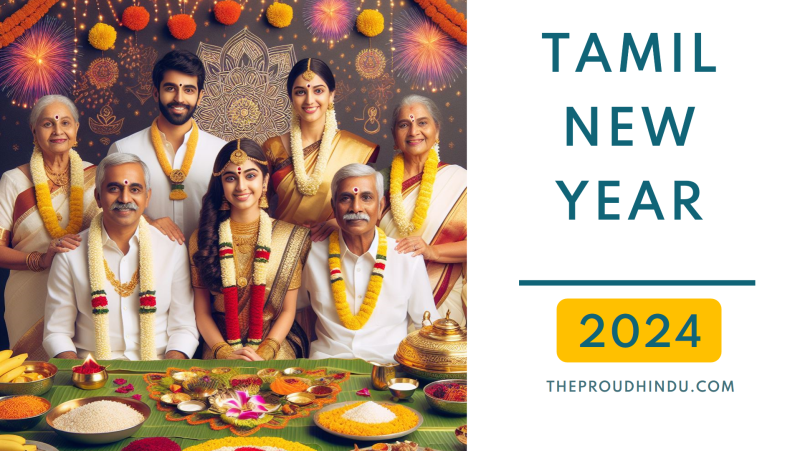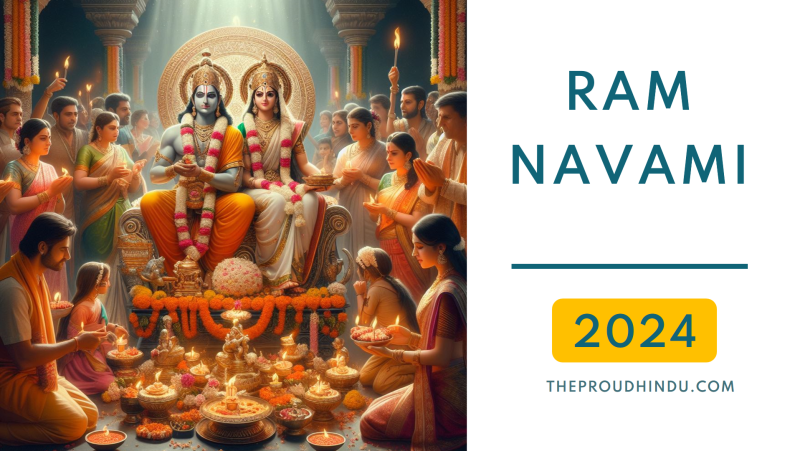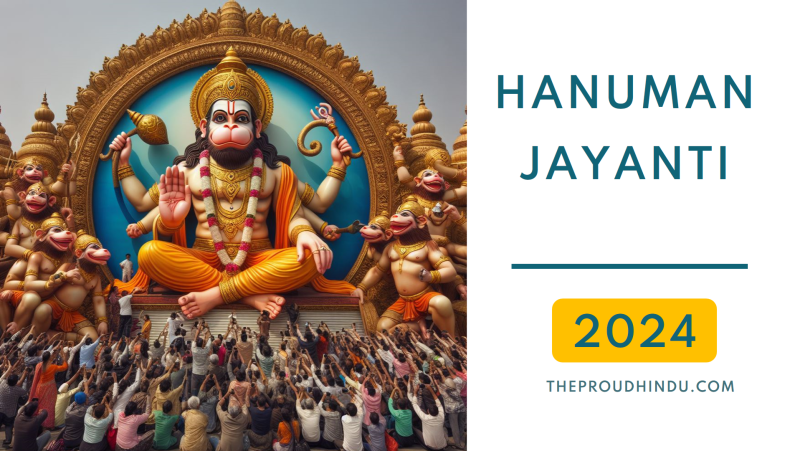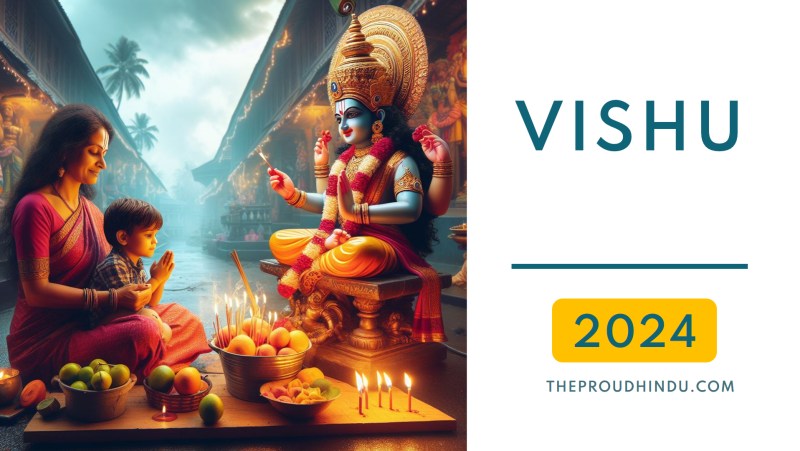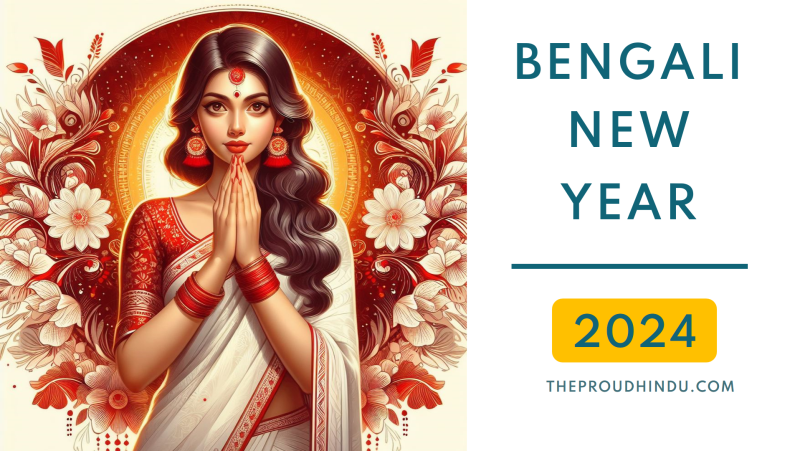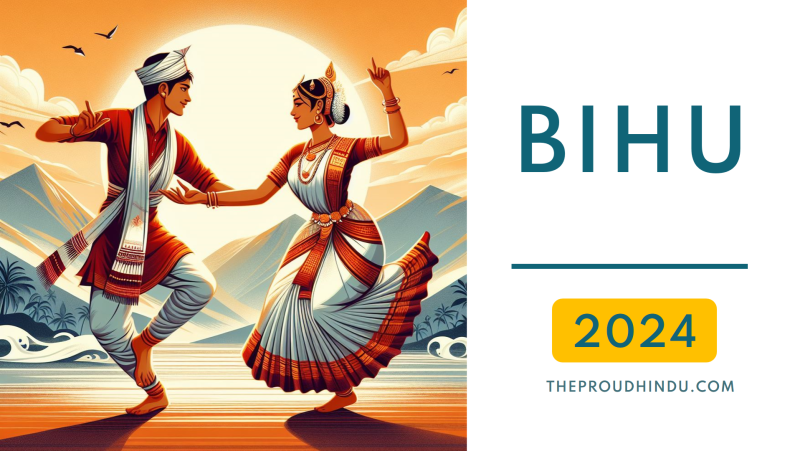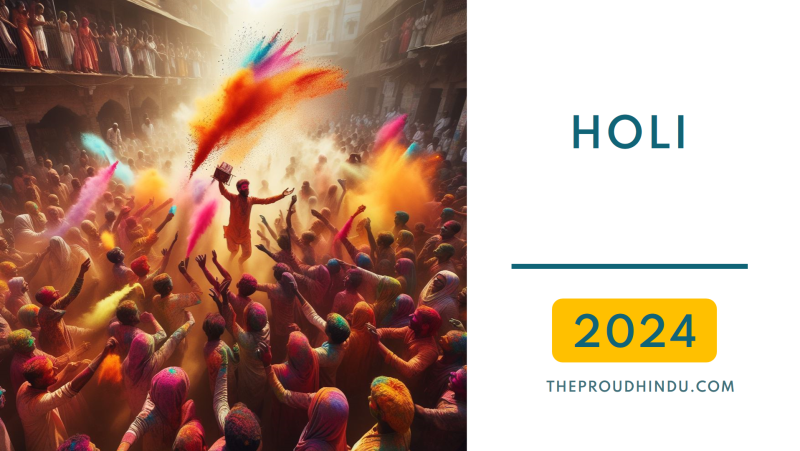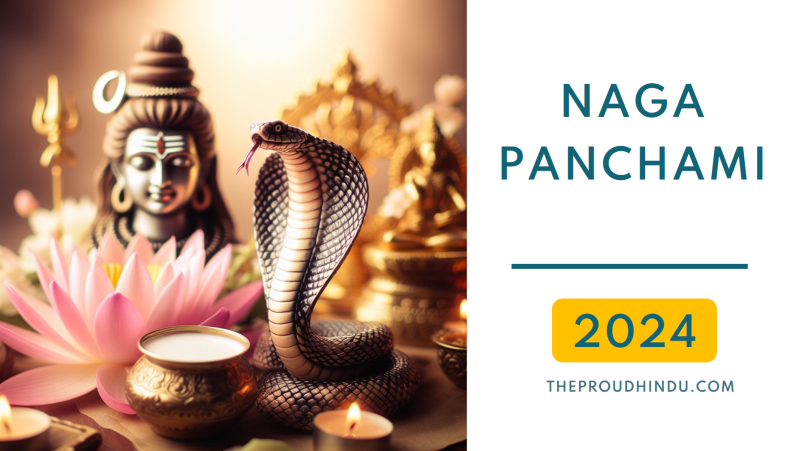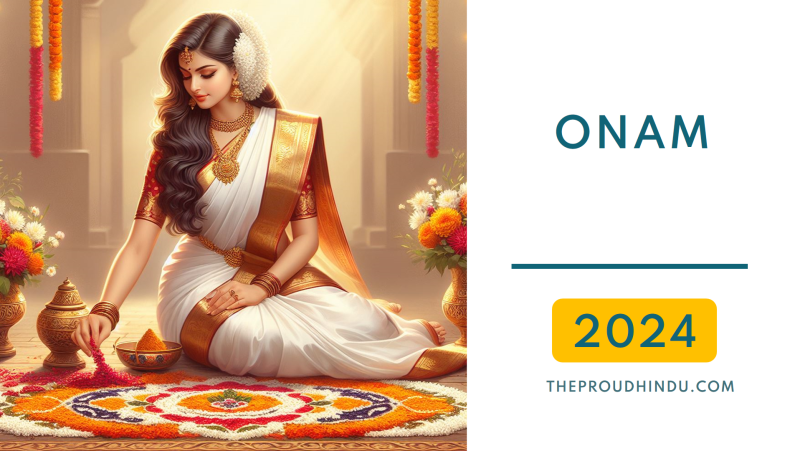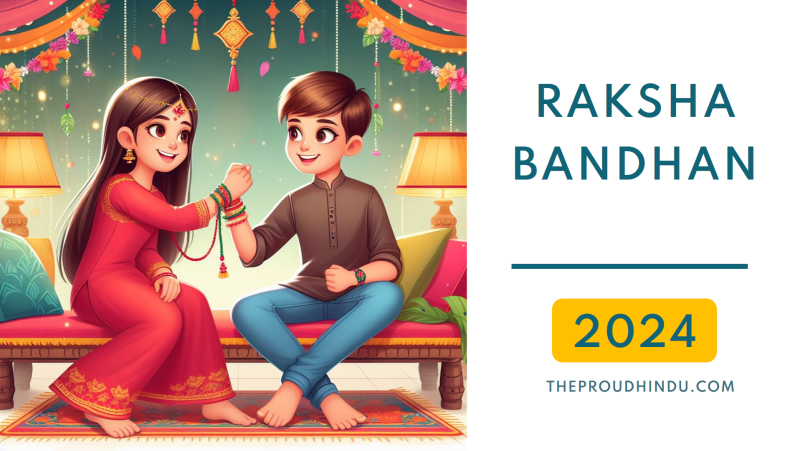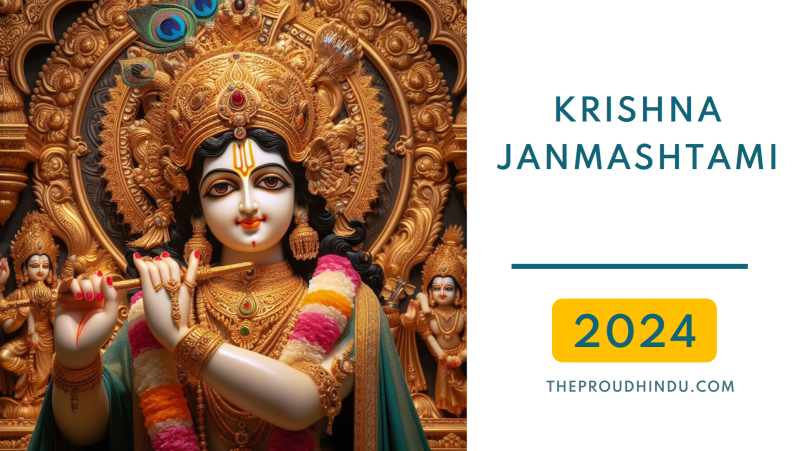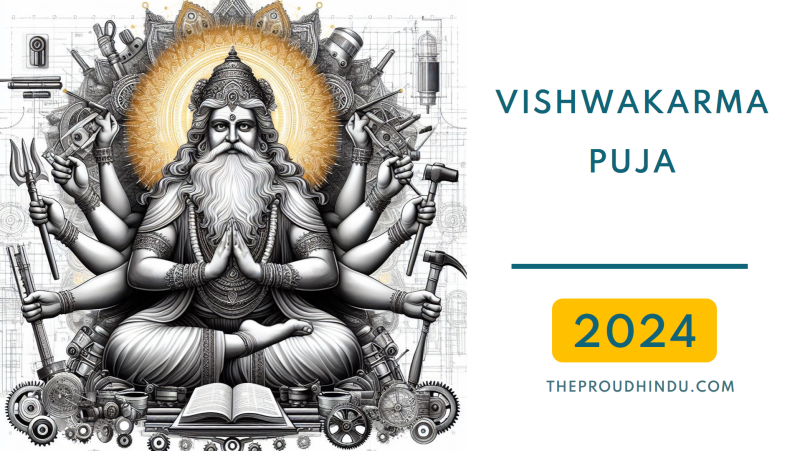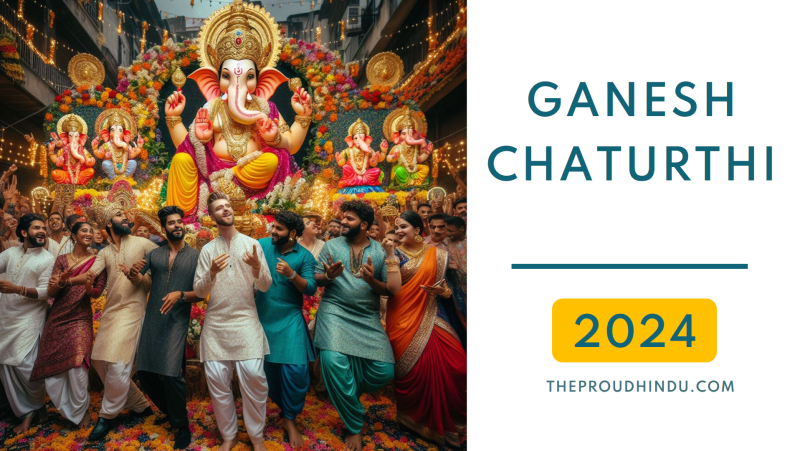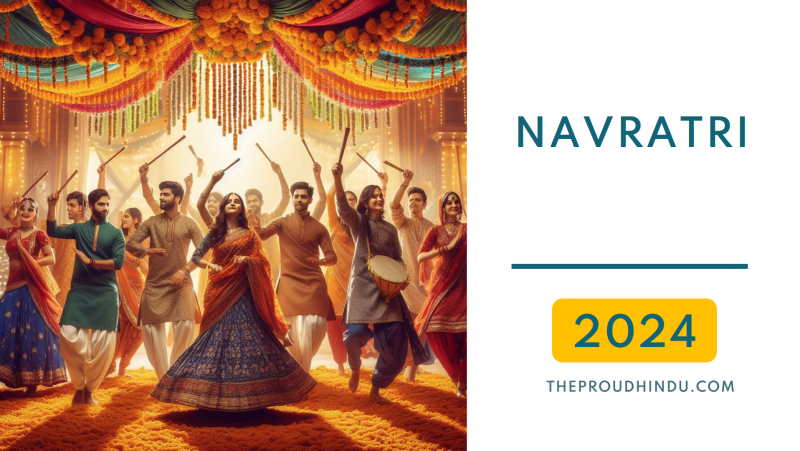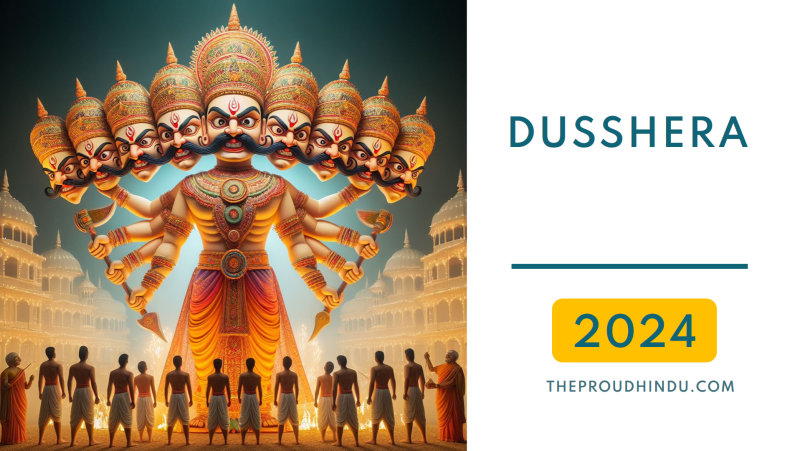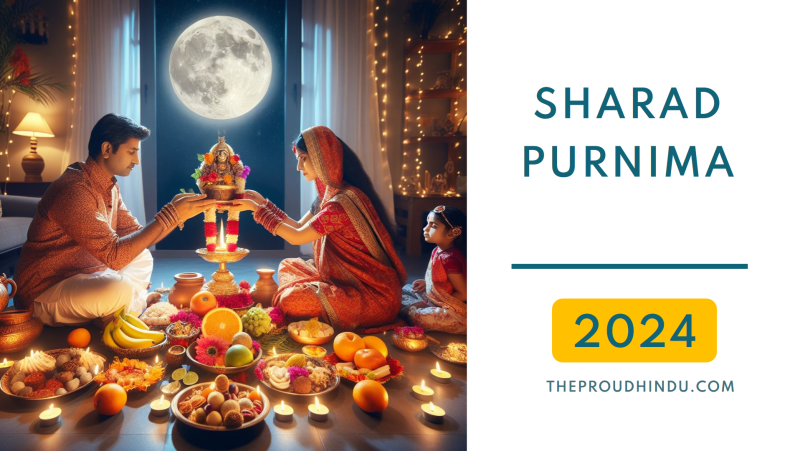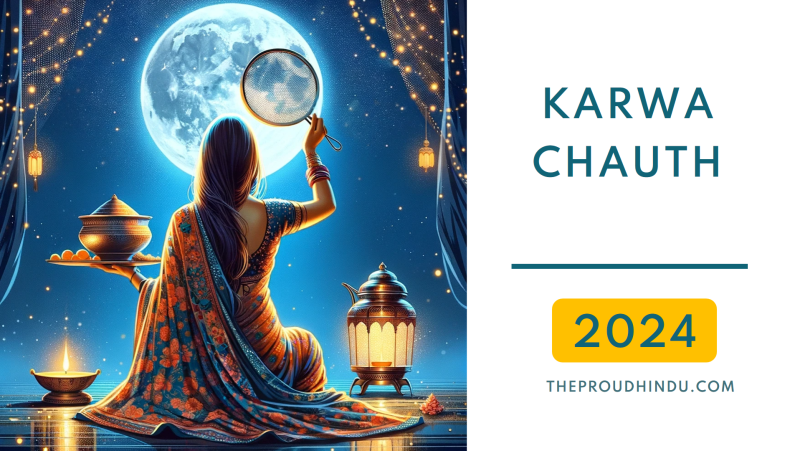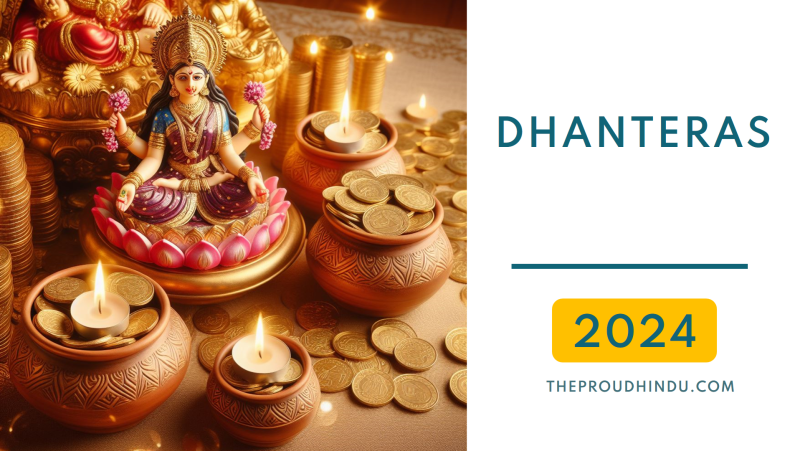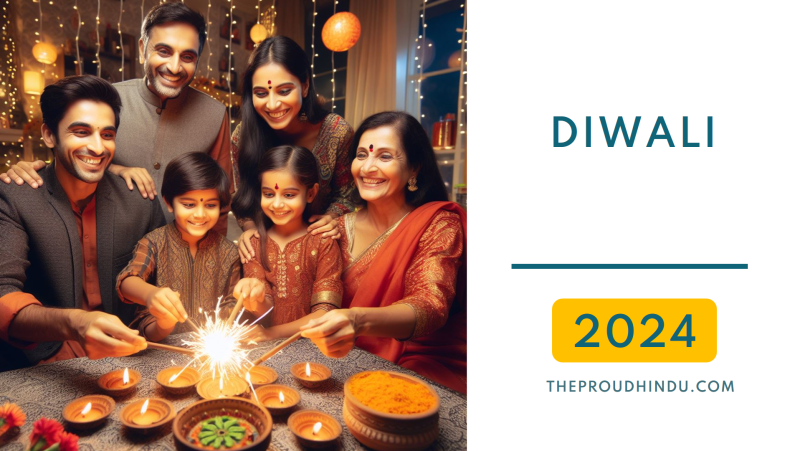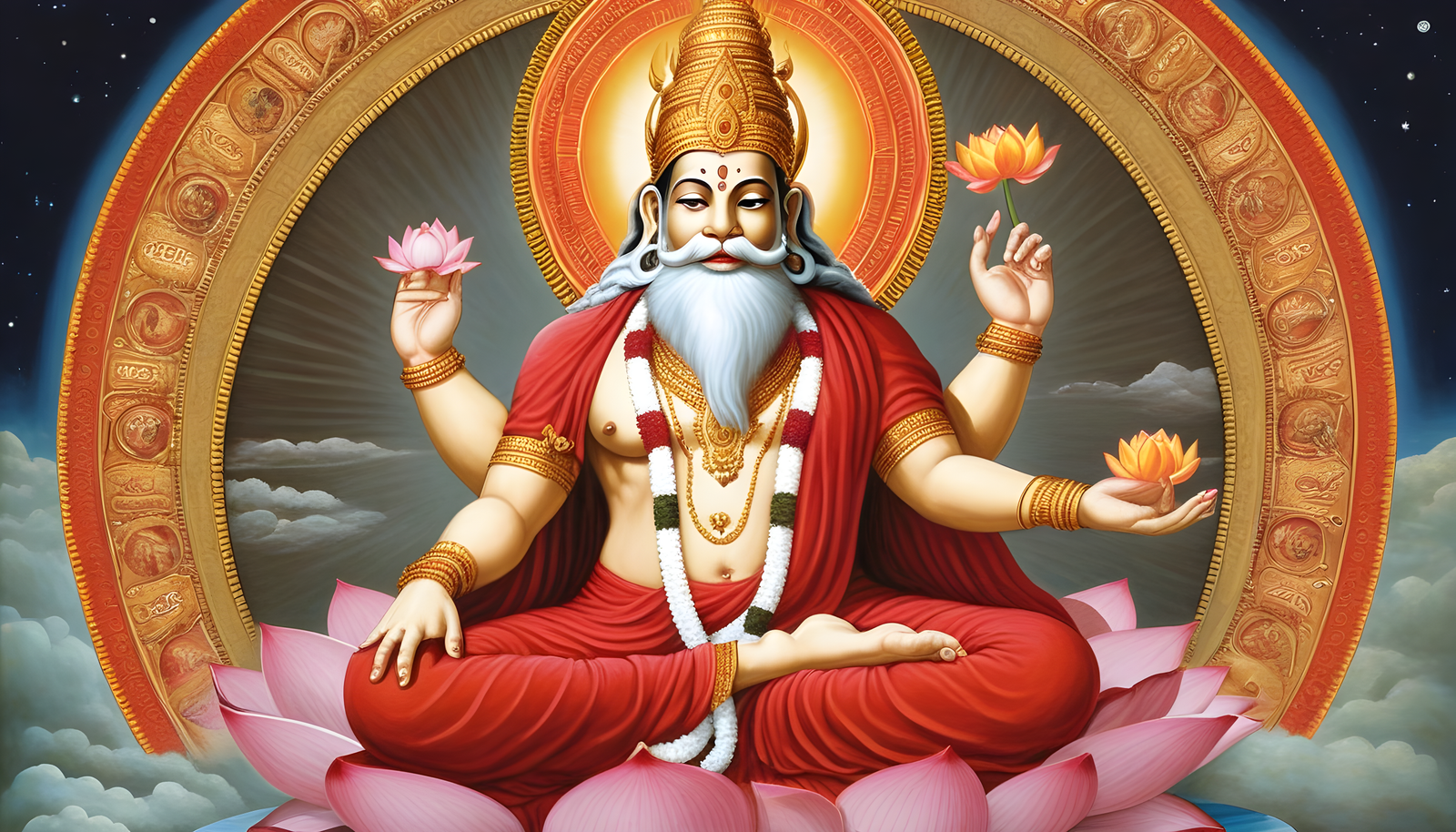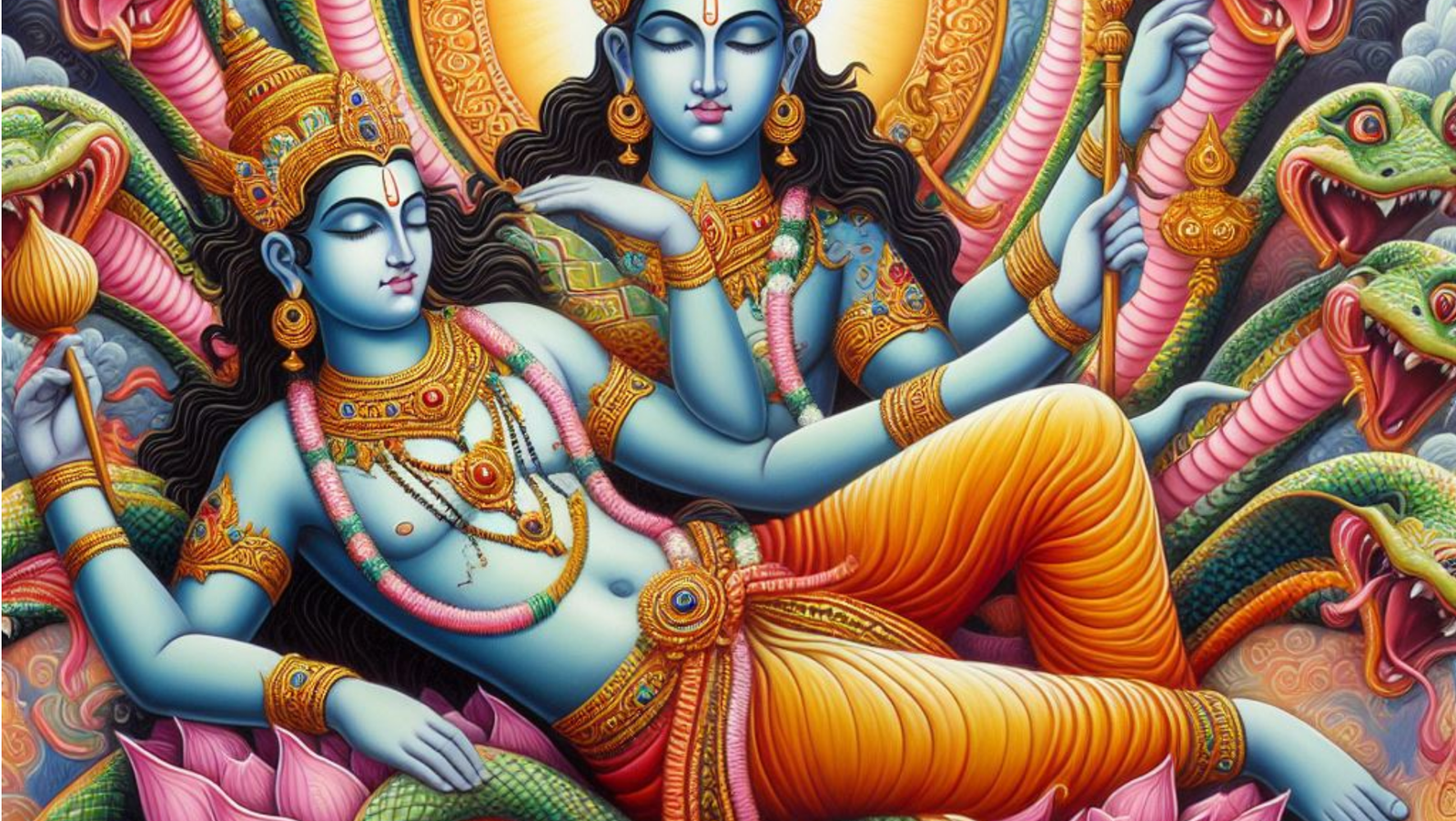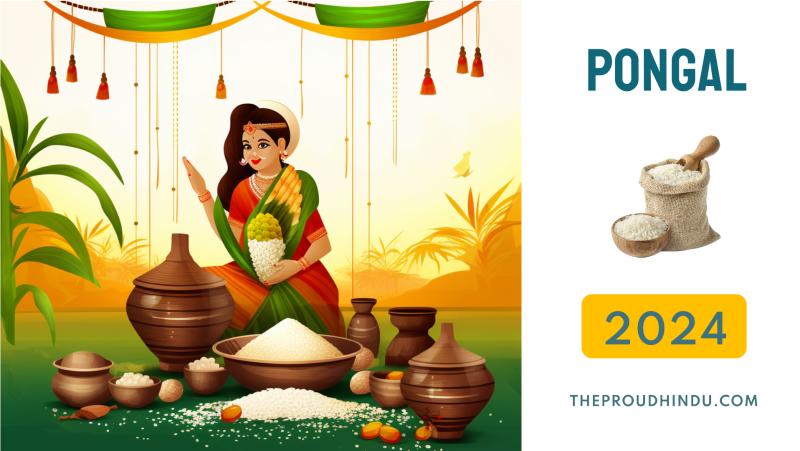
About Pongal 2026 Festival Pongal Celebration.
Pongal (Tamil: பொங்கல், Telugu: పొంగల్, Malayalam: പൊങ്കള്) is a harvest festival celebrated in the Indian state of Tamil Nadu and elsewhere in South India. 4 day festival and has a great cultural and agricultural significance
Here is a detailed look at the Pongal festival:
Pongal Festival 2026 Date:
In 2026, Pongal will begin on Tuesday, 14th January and end on Friday, 17th January. Pongal (2026) - Tuesday, 14 January In 2026, the Pongal festival date is 14th January, Tuesday.
What Do People Do On Pongal?
Day 1: Bhogi Pongal (14th January,2026):
• The first day of festival is Bhogi Pongal. People clean and decorate their homes, old things are discarded and new things are welcomed in. A fire is made with refuse, indicative of death of the past and the birth of a new life.
Day 2: Thai Pongal (15th January,2026):
• Thai Pongal or Surya Pongal is the festivals main day occurring the day after the Thiruvalluvar Day and is dedicated to the Sun God as well as to celebrate the success of the harvest. The sweet rice dish "Pongal" (also the name of the festival) is made from newly harvest rice, jaggery, milk and nuts, and is cooked in pots made out of earthen. When the dish bubbles over, people cheer “Pongal O Pongal”. The dish is a symbol of abundance and prosperity.
Day 3: Mattu Pongal (16th January,2026):
• Mattu Pongal is to pay respect to cattle, especially cows and bulls, which help in the field. Cattle are decorated with garlands, their horns painted, and worshipped, representing the divine bounty in life and importance of cattle to human life. In some areas, even traditional sports such as Jallikattu, a bull-taming sport, are conducted.
Day 4: Kaanum Pongal (17th January,2026):
• Kaanum Pongal is the last day of the festival, which is also called Kannum Pongal. The family spends time together, taking a picnic or visiting relatives, and partaking in traditional outdoor activities. It’s a time for relaxation, amusement, and connection with family and friends.
Story Behind Pongal Festival
The Pongal festival is rooted in the traditions of the past, the customs, the folklore and the almanac. Its story is rooted in many myths and legends, which have portrayed the importance of the harvest season and the relationship between man and nature.
The Legend of Lord Indra and Lord Krishna: One of the well known legends of Pongal is the one with Lord Indra, the deity of rain and Lord Krishna. As per the myth when people of this place were giving worship of Lord Indra they got neglected of it by the advice of Krishna who taunted them to worship the fields of the place and indirect essence of Lord Indra was worshiped leading to his rage and the destruction of this place.
Feeling snubbed, Lord Indra became angry and the earth was threatened by heavy rains and floods. When the people realized their folly, they prayed to Lord Krishna. He ordered them to start the worship of Lord Indra again and to please him in all possible ways.
So, Lord Indra was happy and the rain ceased, making way for shine so the crops could flourish. This episode signifies the tremendous significance of nature, the significance of the environment, and of the invaluable gifts of the Nature to human life and also indicates the gratitude of the culture and tradition towards the deities such as the Lord Indra, etc.
Cattle and Agriculture: In India cattle hold a special place and are also regarded as a means of drawing agriculture-related happiness and prosperity of people. The festival of Mattu Pongal is to thank these animals for helping in farms. On this day the cattle are decorated, worshipped and given special treats.
Promotion of harvest: Pongal is a festival related to harvesting and the term Pongal is actually the common name for a sweet dish made of rice which is eaten during this time to celebrate the harvest. The boiling over of milk in the earthen pot is considered to denote future prosperity. They spend time together, cook yummy food, share sweets and worship for a good harvest and prosperity in the new and coming year.
The festival celebrates the significance of the agricultural, the nature's bounty, and the togetherness of the family and the community. It is also a story of south Indian culture and customs with a strong emphasis on the importance of thanks and of family and of nature.
Pongal Celebration At Home
Celebrating Pongal at home inlcudes several customs, traditions and fun activities that bring family and friends closer to each other. Here is how to celebrate Pongal at home:
1. Kolam: Start your day by painting vibrant kolams (these are patterns that you draw on the floor near the entrance of your house made out of rice flour). These patterns represent wealth and reception of visitors.
2. Preparation of Pongal dish: Prepare Pongal, a sweet rice delicacy made with new rice, jaggery, milk and nuts, in a mud pot. As the mixture boils enthusiastically, cheerfully call out “Pongal O Pongal” – a cry for success and plenty.
3. Praying: Observe puja to Lord Surya and other deities. Give thanks for the harvest, blessings for good fortune and wellbeing, offer prayers for an abundant harvest.
4. Dress in Ethnic Wear: Adorn new or traditional attire and get your family together for the celebration.
5. Exchange Gifts and Sweets: Offer sweets, including the Pongal, and exchange small gifts with your loved ones as a token of affection.
6. Decorate Home: Decorate your house with festive decor, indoor plants, and lights to add some color and light to your home!
7. Ritual (Mattu Pongal): Cattle are resplendent depending on availability but cows and bulls, with garland made of flowers and after applying turmeric powder on their forehead and horn; 'Aarthi' is offered them. Give them some treats to show your appreciation for their hard work in farming.
8. Family Time: Instead of wasting time, bond with family members by playing games like old time games, singing folk songs and watching cultural shows.
9. Indian Classified Dishes: Enjoy classic Indian vegetarian fare such as vadai, payasam, sambar, as well as different rice dishes for a full meal with family.
10. Cultural Programs: Plan a cultural programme (eg singing, dancing, story telling session about the significance of the festival).
Embracing these traditions and celebrating Pongal at home can Make your way to create an environment of festivity and joy; strengthen the family bond and participate in ancient traditions that honor the wealth of South Indian culture and the attitude of gratitude towards nature.
5 Amazing Pongal Celebration Facts
Five fun facts about Pongal celebrations:
A 4 Day Festival: Pongal is a four-day festival. Bhogi Pongal, Thai Pongal, Mattu Pongal, and Kaanum Pongal represent cleaning and throwing away the old, cooking the Pongal dish, honouring and tending to cattle, as well as visiting relatives and receiving their blessngs.
Importance of Pongal: Pongal recipe/Food Pongal, the dish after which the festival is named, which is a sweet rice delicacy made with the newly harvested rice, jaggery, milk and nuts. It is cooked in earthen pots, and over flow signifying prosperity and plenty, and people sing pongal O pongal.
Cattle Worship: Mattu Pongal: Mattu Pongal is the festival that mainly honours the cattle as it is highly valued as the cattle such as cows and oxen are offering indispensable help to agriculture. Cows are washed and adorned with vibrant garlands and worshipped as a token of appreciation of their role in sustaining the agricultural process.
Kaanum Pongal: The fourth and the last day of Pongal, is celebrated as Kaanum Pongal which is a day of relaxation and family reunions and outings. Relatives come together and enjoy meals or pay visits to each other or picnic places. It is a day for relaxation and enjoying life after days of rituals and merriment.
Cultural Importance: Pongal marks the beginning of the harvest season and is a part of South Indian culture. It raises an equal toast to Gratitude to Nature (Nature Pranam), for bringing Recreation for Life etc, and spread Happiness to Family and Community Members on the day.
These Pongal celebration fun facts such as these unveil the range of rituals associated with the festival, its nature of an agricultural festival associated with harvest and thanksgiving, and the belief that Pongal not only sustains the culture but also decorates the frequency bond.
Public life during the Pongal holidays
Pongal holidays result in some changes in day to day life in public, especially in South Indian States including Tamilnadu:
Government offices and Schools: Numerous Government offices, educational institutes and schools are closed during Pongal. This shutdown enables people, the farmers in particular, to celebrate the festival with their families.
Markets and companies: Local market and company restrictions and relief programmes have also affected local markets and businesses, with rural markets and businesses more likely to see reduced hours and closings because of the agricultural economy of rural areas. But in cities, some shops may be open to meet the shopping and festivity needs of the festival.
Getting Around: Public transport may run to reduced timetables and/or changed routes on festival days. Transport Passengers on People traveling at this time may find the availability, and frequency, of buses, trains, or other modes of transport are different.
Cultural Festivals: Diverse cultural activities and fairs/festivals are held throughout towns and villages, and feature folk music, dance, and other cultural programs. They draw both residents and visitors, which adds to the celebratory vibe.
Family Reunions and Outings: Since pongal holidays are mostly devoted to families for reunion and outings. A lot of people go back to their hometowns, or villages, to celebrate the festival with their family. It’s a period for getting close, eating together and participating in traditional rituals.
Customs and Tradition for Pongal : The family members perform several rituals and customs that are associated with Pongal such as cooking the Pongal dish, drawing of kolams (rangoli designs) and the honoring of cattle. These behaviours frequently occur in homes and communities.
Tourism: In some places, notably in the cities which have renowned cultural celebrations or hold tourist attraction there may be local or interstate visitors flocking in for the festivities through the Pongal break. This is a time when visitors can witness the jubilant celebrations and rituals of the festival at close quarters.
In general, public life during the Pongal holidays is a mixture of how the family celebrates the festival along with the unfolding of decades old traditions, including lack of knowledge for changing over all its activities for business days, including challenge to get daily household groceries for the festival meal in time. It’s a time to gather as communities, to celebrate, to unwind, to be joyful.
Pongal stands for the thriving of nature, prosperity and abundance of love and harmony in society and heritage of Tamil Nadu. It stresses on thankfulness for the Sun God and the importance of agriculture in people's lives. The festival stands for gaiety, generosity and community sharing and celebrates the arrival of the new harvest with cheer and prayers.
Pongal Date
| Year | Date | Day |
|---|---|---|
| Pongal 2023 Date | 15 January 2023 | Sunday |
| Pongal 2024 Date | 15 January 2024 | Monday |
| Pongal 2025 Date | 14 January 2025 | Tuesday |
| Pongal 2026 Date | 14 January 2026 | Wednesday |
| Pongal 2027 Date | 15 January 2027 | Friday |
You may also like …
Are You The Proud Hindu?
The Trimurti
Create an account to join us and start taking part in conversations.
SIGNIN
